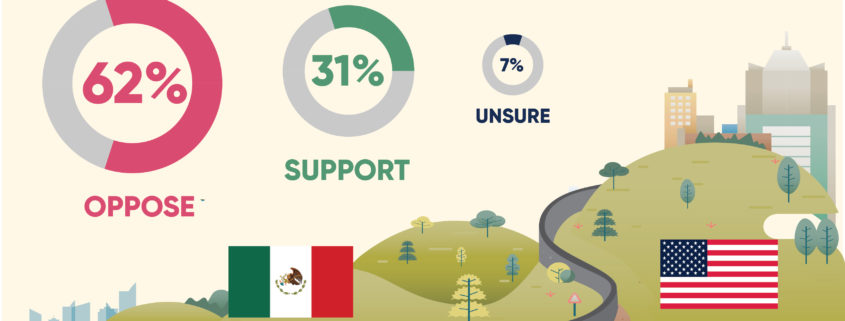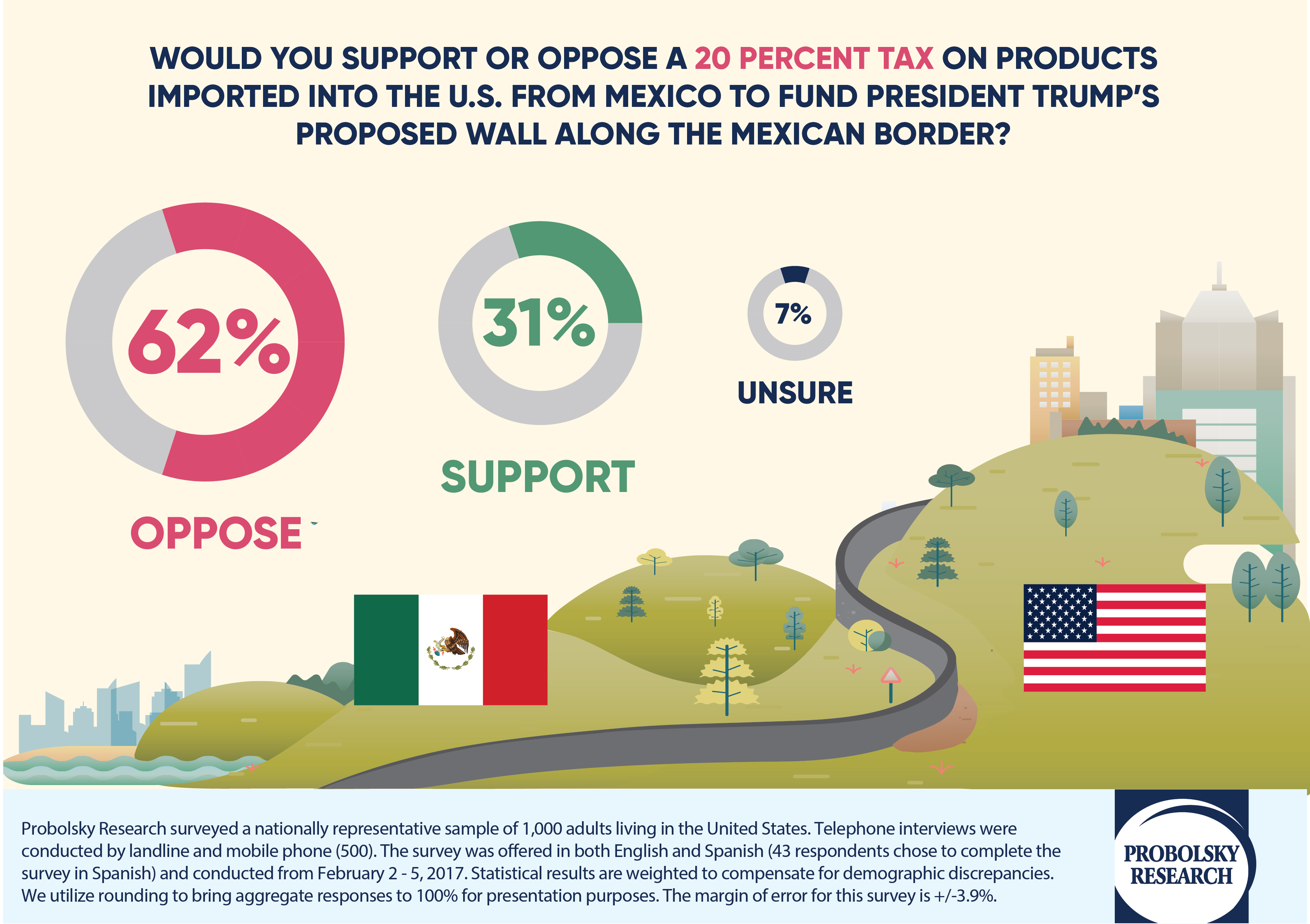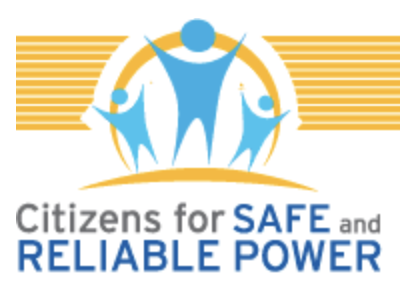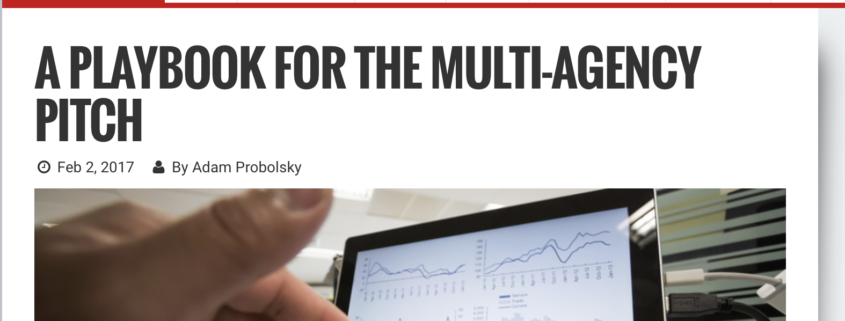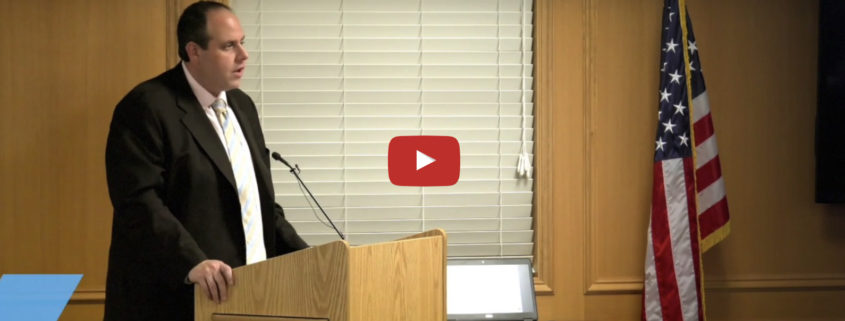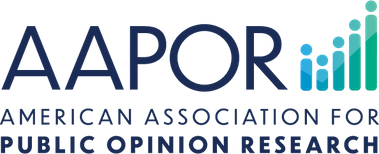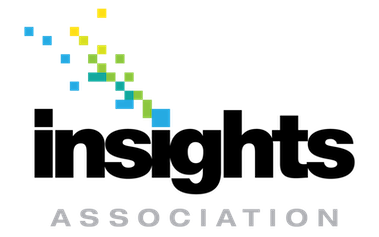Published in Campaigns and Elections:
Some political and public affairs consulting firms are big enough to have the resources to meet all a client’s needs in-house. But for the rest of us, we tend to partner with other firms who specialize in a particular practice area.
Lucky for pollsters like us, even full-service firms tend not to have opinion research (polling, focus groups, online polling) as a part of their offering. And for good reason: it requires a totally different set of skills and expertise than is typically involved with the creative process, public relations and advocacy work.
It might be hard for some people outside of the political arena to understand, but we work largely on trust and reputation. As a result, making the decision to move forward working with a new firm or consultant can be made quickly if they come highly recommended or you know of and respect their work.
As a specialty firm, we tend to be brought in by other firms to partner on projects. Often the consultant just tells the client we will act as pollster and the project is off and running. But there are times when we are tasked with making a more formal proposal in order to earn the business. This often involves a joint pitch meeting with our partner firm or firms.
We have hundreds of consultants all around the country with whom we work with regularly. When meeting together with any of these firms and a prospective client, our history and working knowledge of each other’s capabilities is evident. The flow of the presentation and overall conversation is a powerful demonstration of our working relationship, and clients tend to appreciate this cohesiveness.
For any growing firm, however, there will inevitably be situations where you are proposing on new business with a new partner. These are the times where a playbook for how to look cohesive when you have little or no history with your pitch partner is helpful. This playbook was developed over the course of the last 20 years of being on hundreds of teams with great consultants.
Make sure you’re familiar with the names and backgrounds of the people who will be in the meeting. This might sound silly, but I have been in meetings with new partners that had not read my part of the proposal or anything about my firm. This can lead to confusion over the role of each consultant and make the team look loosely cobbled together. If you have ever seen a spy movie like Argo, you know how important it is to know your back story.
Arrange a team conference call or Skype meeting prior to the pitch meeting. This allows all players to put a face with a name, which is important to making it look like everyone knows each other when you get to the client meeting. Now, I am not suggesting that consultants lie to clients or prospective clients about having worked together or about the depth of the working relationship. But having a rapport that looks seamless and has an easy flow can give the client some comfort in the ability for the players to work together.
Make it a priority to reference the specific work or task to be done by the other consultant(s) in the room. Naturally, over the course of the conversation you should integrate the other consultant, speaking about his or her role and how it relates to the project and your work. The goal is to demonstrate how a group of different specialists can work together seamlessly to deliver an extraordinary product for the client.
Work a past joint project with the other consultant(s) into the conversation. If you have absolutely no history together, then this is a nonstarter. But the consulting word is small enough that, even if you have not specifically worked together in the past, you have likely shared a client or work in an industry – even tangentially.
Do a team debrief. This will allow everyone to get specific feedback on what was helpful and not, and make the next pitch meeting go even better.
As enjoyable it is to work directly for a client, if you follow these pointers, it could be much more rewarding to work as part of a consulting team that accomplishes the goal together.
Adam Probolsky is CEO of Probolsky Research, a California-based opinion research firm with business, government, non-profit and political clients.

